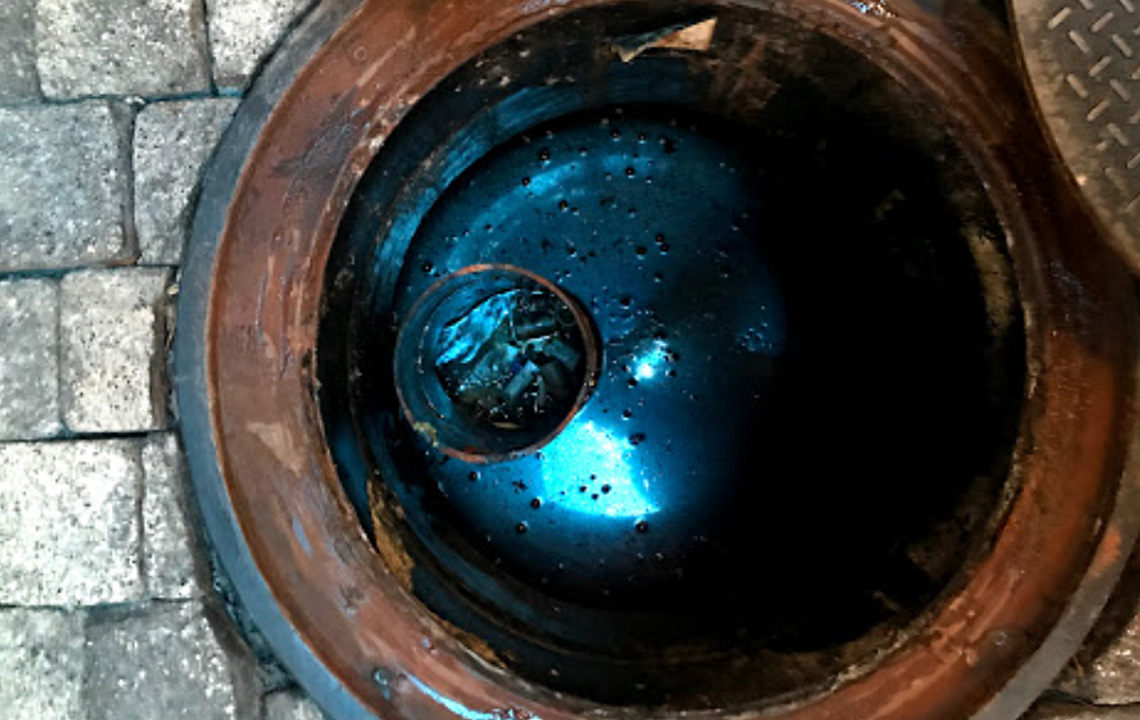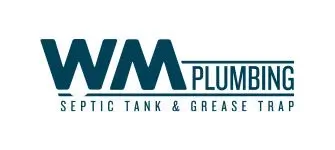Is it Normal for a Grease Trap to Smell?

A grease trap is an essential component in commercial kitchens and food service establishments designed to capture and prevent fats, oils, and grease (FOG) from entering the wastewater system. While grease traps play a crucial role in maintaining plumbing and sewage systems, it is not uncommon for them to develop unpleasant odors over time. Understanding the reasons behind the odor, proper maintenance practices, and potential solutions can help mitigate this issue.
Accumulation
One primary cause of the unpleasant smell in grease traps is the accumulation of organic matter, including food particles, grease, and other debris. As FOG and solid waste break down, they can produce foul-smelling gasses such as hydrogen sulfide and ammonia. These gasses are notorious for their unpleasant odor, reminiscent of rotten eggs. Additionally, the decomposition of organic matter creates an environment conducive to the growth of bacteria, contributing further to the malodor.
Improper Maintenance
Improper maintenance is often a key factor in the development of odors in grease traps. Neglecting routine cleaning and maintenance allows the accumulation of FOG and solids to reach levels where the trap becomes less effective, leading to foul smells. Regular cleaning is crucial to prevent the buildup of debris, ensuring the trap functions efficiently.
Ventilation
Moreover, inadequate ventilation can exacerbate odor issues. Grease traps should be properly vented to allow the release of gasses generated during the decomposition process. Without proper ventilation, these gasses can become trapped within the system, intensifying the unpleasant smell. Ensuring that the venting system is functioning correctly is essential in addressing this aspect of odor control.
Temperature
Temperature fluctuations can also impact the performance of grease traps and contribute to odor problems. In colder environments, the solidification of grease may occur, leading to blockages and reduced trap efficiency. Conversely, in warmer climates, the accelerated decomposition of organic matter may intensify odor issues. Proper insulation and temperature control can help mitigate these effects.
Prevention
To address and prevent odors in grease traps, implementing a comprehensive maintenance routine is crucial. Regularly schedule professional cleanings to remove accumulated FOG and solids, preventing the development of odor-causing gasses. In addition to professional cleanings, establishments should adopt proactive measures such as using bacteria-based additives to promote the breakdown of organic matter and control odor.
Educating kitchen staff on proper disposal practices is equally important. Discouraging the disposal of excessive grease and food debris down drains can significantly reduce the load on the grease trap and minimize odor issues. Implementing best practices, such as scraping plates before washing and using drain strainers, can prevent large amounts of FOG from entering the trap.
While it is normal for grease traps to develop odors over time due to the decomposition of organic matter, these issues can be mitigated through proper maintenance and proactive measures. Establishing a routine cleaning schedule, ensuring adequate ventilation, controlling temperatures, and educating staff on proper disposal practices are essential steps in maintaining an efficient and odor-free grease trap system. By addressing these factors, commercial kitchens can uphold hygiene standards, comply with regulations, and create a more pleasant working environment for their staff.




